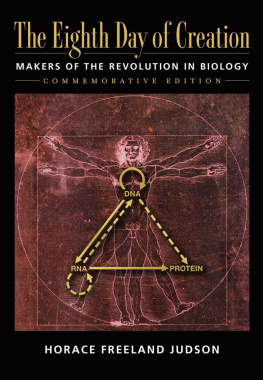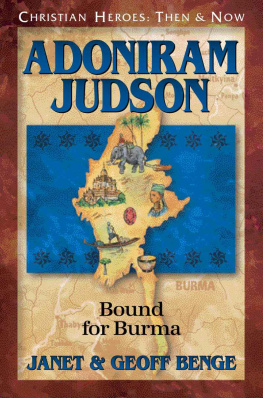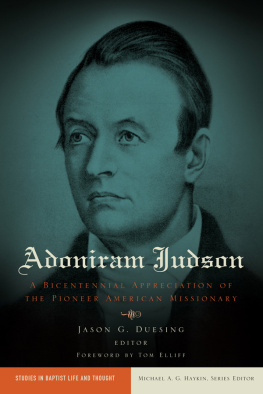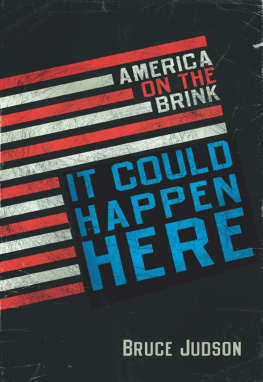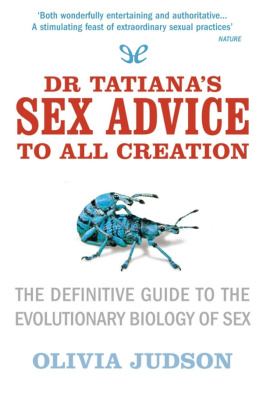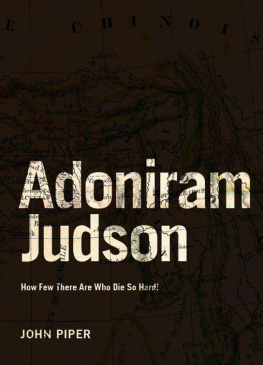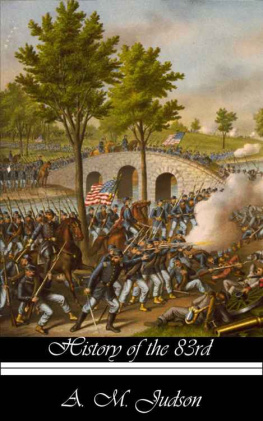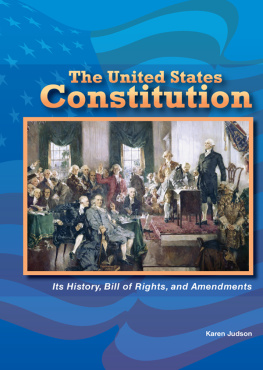THE
EIGHTH DAY
OF CREATION
Books by Horace Freeland Judson

The Techniques of Reading
Heroin Addiction in Britain
The Eighth Day of Creation
The Search for Solutions
THE EIGHTH DAY OF CREATION

Makers of the Revolution in Biology

COMMEMORATIVE EDITION

HORACE FREELAND JUDSON

THE
EIGHTH DAY
OF CREATION
Makers of the Revolution in Biology
COMMEMORATIVE EDITION
1996 by Horace Freeland Judson
All rights reserved
2011 Guardian News & Media Ltd. Horace Freeland Judson obituary
2013 Olivia Judson. Growing Up with The Eighth Day: A Reminiscence
2013 Matthew Meselson. Preface to the Commemorative Edition
2011 Mark Ptashne. Horace Judson (19312011)
Published in 2013 by Cold Spring Harbor Laboratory Press, Cold Spring Harbor, New York
Printed in the United States of America
Cover Designer Ed Atkeson/Berg Design
Front cover (paperback edition): Background image is a photograph of Leonardo da Vincis Vitruvian man drawing (Getty Images/Image Bank/Garry Gay).
Library of Congress Cataloging in Publication Data
Judson, Horace Freeland.
The eighth day of creation : makers of the revolution in biology / Horace Freeland Judson. -- Expanded ed.
p. cm.
Includes bibliographical references and index.
ISBN 978-0-879694-78-4 (pbk. : alk. paper)
1. Molecular biology--History. I. Title.
QH506.J83 1995
95-45151
CIP 574.8'8'09--dc20
20 19 18 17 16 15 14 13 12
Authorization to photocopy items for internal or personal use, or the internal or personal use of specific clients, is granted by Cold Spring Harbor Laboratory Press, provided that the appropriate fee is paid directly to the Copyright Clearance Center (CCC). Write or call CCC at 222 Rosewood Drive, Danvers, MA 01923 (978-750-8400) for information about fees and regulations. Prior to photocopying items for educational classroom use, contact CCC at the above address. Additional information on CCC can be obtained at CCC Online at www.copyright.com.
For a complete catalog of all Cold Spring Harbor Laboratory Press publications, visit our website at www.cshlpress.org.
For Penelope
at the end of the voyage
1979

1993
always and always and always
Sunt lacrimae rerum
Contents
EXHIBITS

Horace Freeland Judson
In 1993, one of the best-ever science books went out of print in the United States. First published in 1979, The Eighth Day of Creation had achieved a rare blend of success, combining critics acclaim and scientists approval with strong commercial sales. As dictated by the conventions of the era, the hard-cover edition was followed by a paperback and eventually, years later as sales declined, by the publishers decision to stop making copies and revert the rights to the author, Horace Freeland Judson.
Two years later, discovering by chance that the book was no longer available, I set about tracking down the author, a less than simple task in those pre-Google days. My phone call to the Directors office at the George Washington University Center for History of Recent Science was cordially received. Horace knew Cold Spring Harbor Laboratory, of course, and was aware of its publications for molecular biology professionals. My interest in reviving his book for new generations of scientists was greeted politely but warily. A series of conversations began. Horace mentioned, not for the last time, that he regarded himself as a writer by trade and an academic by accident. Money was mentioned, befitting a believer in Dr. Johnsons school of authorship. I was made aware that a small and specialized academic press did not, in its authors opinion, seem sufficiently muscular for such a remarkable book. But then the discussion took a more promising turn. In the 15 years since publication, some small errors had surfaced. I dangled the possibility of correcting them. The perfectionist in Horace was intrigued. He confided that he had never really liked the books layout and typography, finding them cramped and inelegant. Recklessly, I assured him we could fix that. I also suggested additional material, a commentary on how the science had progressed since the 70sa sketch, perhaps, of a ninth day of creation. That was too ambitious, he thought, but the Afterword might be adaptable to take in some of the more significant advances. And with his journalists nose for getting maximum mileage from every piece, he proposed inserting essays hed written on Rosalind Franklin and Erwin Chargaff long after the book was published. I was delighted to agree.
The new, extended edition appeared in 1996. With the design improvements and editorial corrections came a new and typically stylish foreword from Horace and a warm appreciation of the book from John Maddox. The reaction of the scientific community was immediate and gratifying. Old hands replaced or augmented their dog-eared copies of the original and younger scientists discovered a history of their fields origins that was both informative and gripping. Eighth Day reappeared in stores since, given its history, this was a title booksellers knew and understood. Overall, sales were strong enough to please both author and publisher.
Horace and I stayed in touch after that, with occasional pleasant lunches and phone conversations about other projects, but nothing took root. In 2004, 25 years after the original publication, and with demand still steady, an anniversary edition of Eighth Day was released with another addition, an engaging essay in which Horace revealed how he had created the book, laboring through years of diligent interviews and study. Neither of us had been charmed by the cover of the extended edition, an abstract design with a vaguely technological feel, and it was a pleasure to bring to the anniversary edition a version of da Vincis Vitruvian Man who had graced the cover of the original hardcover.
Sadly, with Horaces passing at 80 years of age in 2011, this present edition will be the last episode in the life, death, and resurrection of one of the great works of science. I am grateful to Matt Meselson for his reminiscences of the book and its author, with whom he was an undergraduate at Chicago, to Mark Ptashne for the chance to reprint his typically forceful opinion about the exceptional merits of the book, and to Jason Pontin for the generous obituary of Horace that he wrote for

